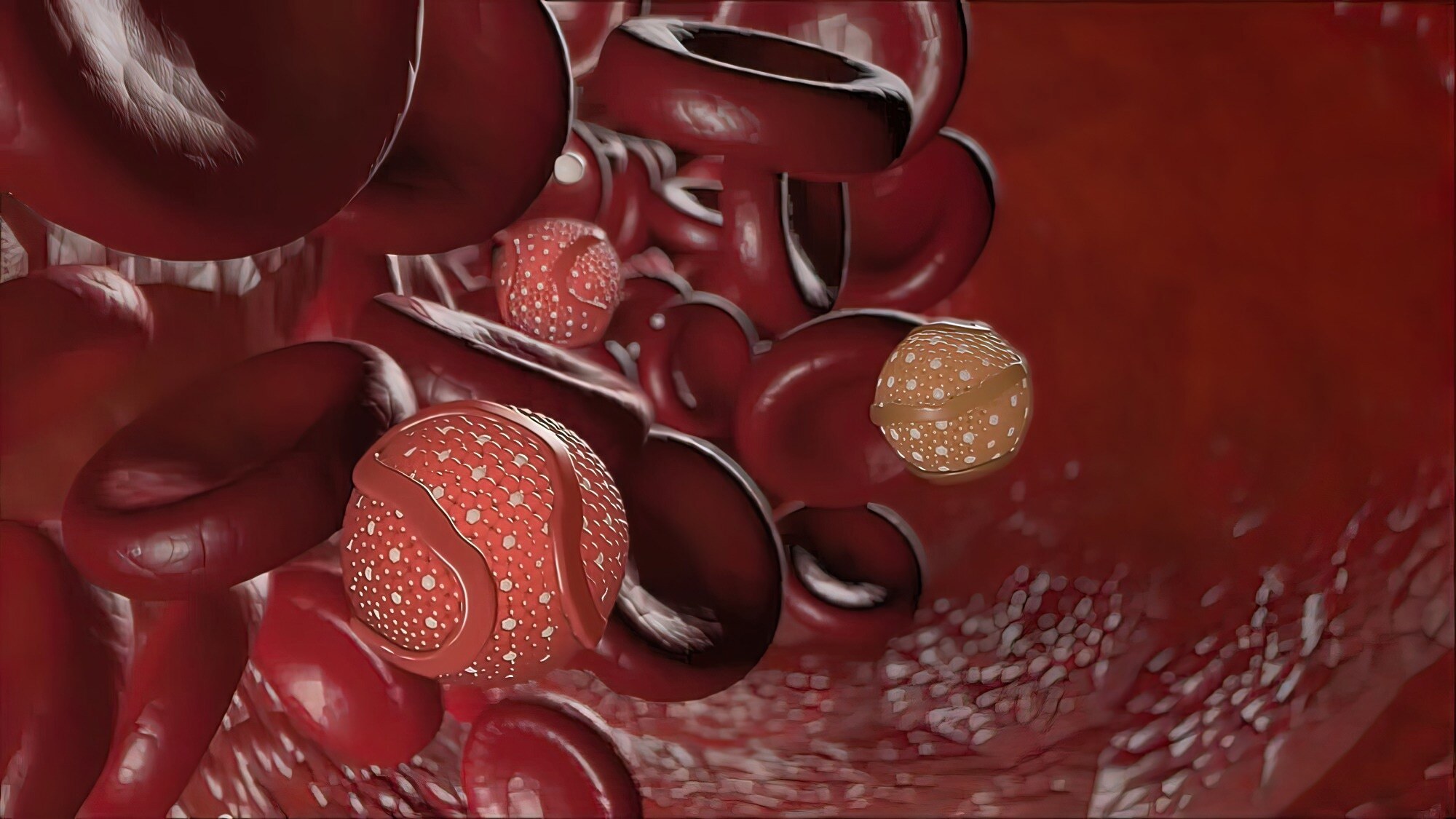
Lipoprotein disorders can sound intimidating, but understanding them is crucial for maintaining heart health. These conditions involve abnormalities in the levels or function of lipoproteins, which are particles that carry cholesterol and triglycerides through the bloodstream. High levels of LDL (low-density lipoprotein), often called "bad cholesterol," can lead to plaque buildup in arteries, increasing the risk of heart disease. On the flip side, HDL (high-density lipoprotein), known as "good cholesterol," helps remove cholesterol from the bloodstream. Genetics, diet, and lifestyle all play roles in these disorders. Knowing the facts about lipoprotein disorders can help you make informed decisions about your health.
Key Takeaways:
- Lipoprotein disorders, caused by genetics and lifestyle, can lead to serious health issues like heart disease. Early detection and treatment through lifestyle changes and medications are crucial for managing these conditions.
- Understanding the symptoms, diagnosis, and complications of lipoprotein disorders can help emphasize the importance of proper treatment. Lifestyle changes, medications, and regular check-ups can significantly reduce the risk of complications.
What is Lipoprotein Disorder?
Lipoprotein disorder refers to any condition that affects the levels or function of lipoproteins in the blood. Lipoproteins are molecules made of fat and protein that carry cholesterol and triglycerides through the bloodstream. These disorders can lead to serious health issues, including heart disease.
- Lipoproteins are essential for transporting fats through the bloodstream.
- Cholesterol and triglycerides are the main types of fats carried by lipoproteins.
- High-density lipoprotein (HDL) is often called "good" cholesterol because it helps remove other forms of cholesterol from the bloodstream.
- Low-density lipoprotein (LDL) is known as "bad" cholesterol because high levels can lead to plaque buildup in arteries.
- Very low-density lipoprotein (VLDL) primarily carries triglycerides and can also contribute to plaque formation.
Types of Lipoprotein Disorders
There are several types of lipoprotein disorders, each affecting the body differently. Understanding these types can help in managing and treating the conditions effectively.
- Hyperlipidemia is a condition where there are high levels of lipids in the blood.
- Hypercholesterolemia specifically refers to high levels of cholesterol.
- Hypertriglyceridemia involves elevated levels of triglycerides.
- Dyslipidemia is a broader term that includes any abnormal lipid levels.
- Familial hypercholesterolemia is a genetic disorder causing high cholesterol from a young age.
Causes of Lipoprotein Disorders
Various factors can contribute to the development of lipoprotein disorders. Some are genetic, while others are related to lifestyle choices.
- Genetics play a significant role in many lipoprotein disorders.
- Diet high in saturated fats and cholesterol can lead to elevated lipid levels.
- Lack of exercise can contribute to poor lipid profiles.
- Obesity is a major risk factor for developing lipoprotein disorders.
- Smoking negatively impacts lipoprotein levels and function.
Symptoms and Diagnosis
Recognizing the symptoms and getting a proper diagnosis is crucial for managing lipoprotein disorders. Early detection can prevent serious complications.
- Chest pain or angina can be a symptom of high cholesterol levels.
- Xanthomas are fatty deposits that can appear on the skin or tendons.
- Corneal arcus is a gray or white arc visible around the cornea, indicating high cholesterol.
- Blood tests are the primary method for diagnosing lipoprotein disorders.
- Genetic testing can identify inherited forms of lipoprotein disorders.
Treatment and Management
Managing lipoprotein disorders often involves a combination of lifestyle changes and medications. Effective treatment can significantly reduce the risk of complications.
- Statins are commonly prescribed to lower LDL cholesterol.
- Fibrates help reduce triglyceride levels.
- Niacin can increase HDL cholesterol and lower LDL cholesterol.
- Lifestyle changes such as a healthy diet and regular exercise are crucial.
- Omega-3 fatty acids found in fish oil can help manage triglyceride levels.
Complications of Untreated Lipoprotein Disorders
If left untreated, lipoprotein disorders can lead to severe health issues. Understanding these complications can emphasize the importance of treatment.
- Atherosclerosis is the buildup of plaque in the arteries, leading to reduced blood flow.
- Heart attack can occur if a plaque ruptures and blocks an artery.
- Stroke is a risk if plaque blocks blood flow to the brain.
- Peripheral artery disease affects blood flow to the limbs, causing pain and mobility issues.
- Pancreatitis can result from extremely high triglyceride levels.
Final Thoughts on Lipoprotein Disorders
Lipoprotein disorders can be complex, but understanding them is crucial for managing health. These conditions affect how the body processes fats, leading to issues like high cholesterol and heart disease. Knowing the types, causes, and symptoms helps in early detection and treatment. Lifestyle changes, such as a balanced diet and regular exercise, play a significant role in managing these disorders. Medications may also be necessary for some individuals. Regular check-ups and blood tests are essential for monitoring and maintaining healthy lipoprotein levels. Awareness and proactive management can significantly reduce the risks associated with these disorders. Stay informed, consult healthcare professionals, and take steps to maintain a heart-healthy lifestyle. By doing so, you can effectively manage lipoprotein disorders and improve overall well-being.
Frequently Asked Questions
Was this page helpful?
Our commitment to delivering trustworthy and engaging content is at the heart of what we do. Each fact on our site is contributed by real users like you, bringing a wealth of diverse insights and information. To ensure the highest standards of accuracy and reliability, our dedicated editors meticulously review each submission. This process guarantees that the facts we share are not only fascinating but also credible. Trust in our commitment to quality and authenticity as you explore and learn with us.
